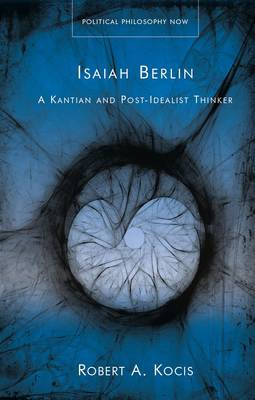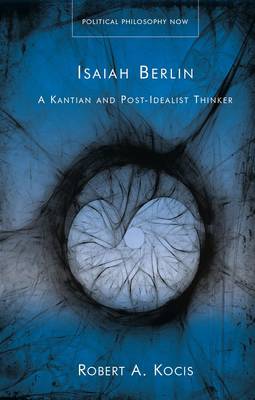
- Afhalen na 1 uur in een winkel met voorraad
- Gratis thuislevering in België vanaf € 30
- Ruim aanbod met 7 miljoen producten
- Afhalen na 1 uur in een winkel met voorraad
- Gratis thuislevering in België vanaf € 30
- Ruim aanbod met 7 miljoen producten
Zoeken
Omschrijving
A new reading of the twentieth-century philosopher Isaiah Berlin. This book argues that the Russian-British philosopher Isaiah Berlin should primarily be understood through British idealism. Though he adopted Kantian methodology and a view of people as purposive beings, he rejected the Idealists' monism and theories of positive liberty. Robert A. Kocis demonstrates how, like Michael Oakeshott and R. G. Collingwood, Berlin can be seen as a 'post-Idealist' thinker, invested in the implications of that rich tradition.
Specificaties
Betrokkenen
- Auteur(s):
- Uitgeverij:
Inhoud
- Aantal bladzijden:
- 264
- Taal:
- Engels
- Reeks:
Eigenschappen
- Productcode (EAN):
- 9781786838957
- Verschijningsdatum:
- 19/11/2022
- Uitvoering:
- Hardcover
- Formaat:
- Genaaid
- Afmetingen:
- 140 mm x 218 mm
- Gewicht:
- 439 g

Alleen bij Standaard Boekhandel
+ 240 punten op je klantenkaart van Standaard Boekhandel
Beoordelingen
We publiceren alleen reviews die voldoen aan de voorwaarden voor reviews. Bekijk onze voorwaarden voor reviews.











